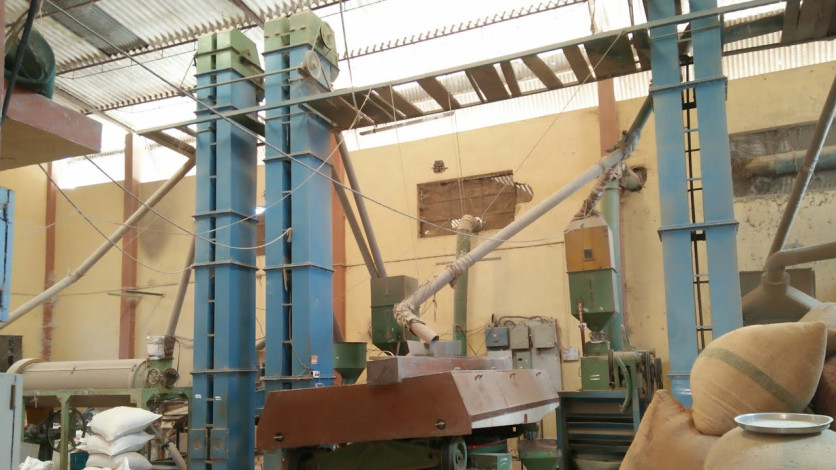
File Photo
Custom-milled rice is manufactured by milling paddy that the state government procures at the minimum support price (MSP) from farmers. (REPRESENTATIVE IMAGE)
Uttar Pradesh has made the fastest delivery of custom milled rice (CMR) to the Centre, saving around ₹1300 crore as interest burden and eliminating the possibilities of malpractices that millers often indulged in by delaying the delivery of processed rice to the state government, officials aware of the issue said.
The application of technology for automatic allotment of paddy to genuinely performing rice mills and the elimination of discretion and human interference in the whole process is believed to be the game-changer this year.
Custom-milled rice is manufactured by milling paddy that the state government procures at the minimum support price (MSP) from farmers. The government gives the procured paddy to mills, which are supposed to deliver CMR to the government by March-April. The rice received from mills is finally handed over to the Centre. It is only after the final CMR delivery that the Centre reimburses money already spent by a state in purchasing paddy from farmers.
“We have already delivered 9 lakh MT of CMR to the Centre and the remaining quantity of the same will also be delivered by March 2,” principal secretary, of food and civil supplies, Veena Kumari Meena said.
This, she claimed, was the fastest CMR delivery by any state in India.
“Earlier, we kept on delivering to the Centre till as late as October because of which our money remained blocked and the interest burden continued to mount,” she said.
“Use of technology in allotment of paddy to deserving mills did the trick,” she emphasised.
Commissioner, food and civil supplies, Sourabh Babu said the government made a lot of technological interventions that not only curbed various malpractices prevalent in the procurement chain but also ensured fast delivery of CMR from mills and then to the Centre.
“A new provision in the software, for example, ensured that paddy allocation to mills was done automatically on merit without any human interference and this helped. Uttar Pradesh is the first state to do this,” he explained.
Paddy allocation to manufacture CMR was made among 1800 mills.
Comment Now